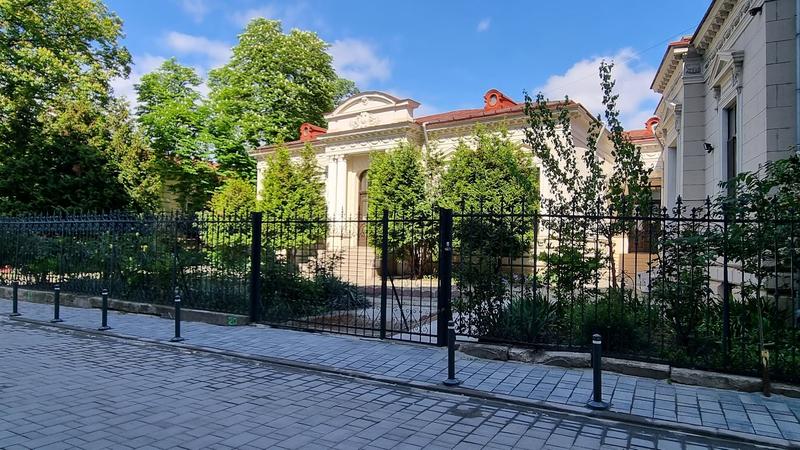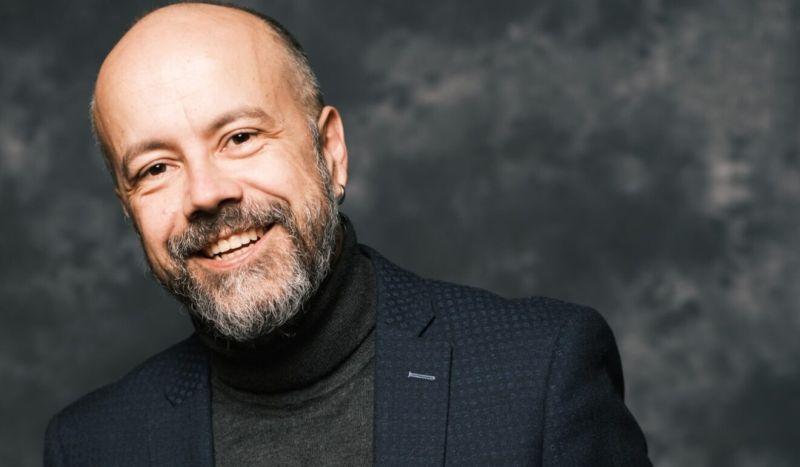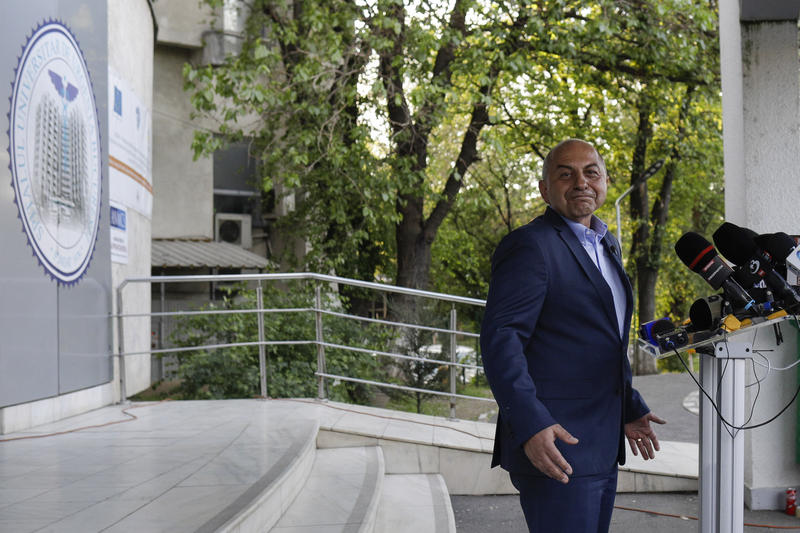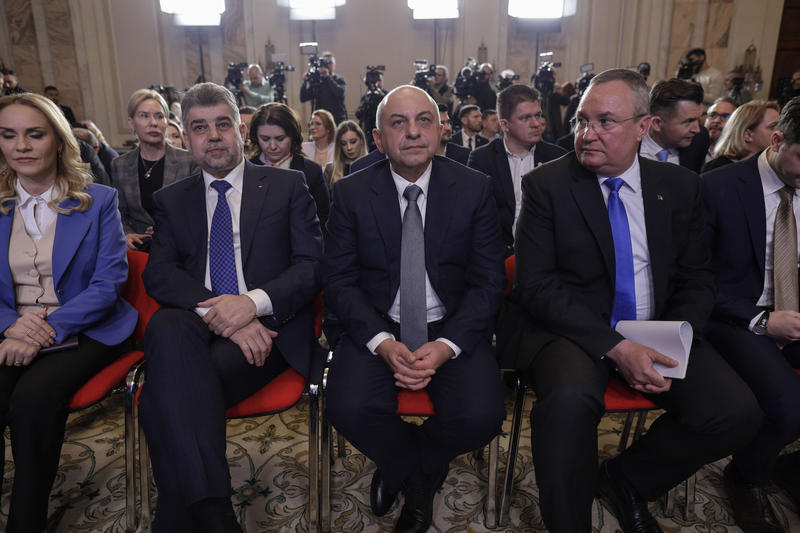British newspaper The Guardian deals in its January 8 issue with a subject first dealth with extensively by HotNews.ro (Romanian version) as early as December 28, 2006:
the creation of a caucus of far-right politicians in the European Parliament as a result of Romania’s accession to the EU. The Guardian even shares part of the HotNews.ro headline, which read “Romania’s gift to the EU: the establishment of the far-right caucus in the European Parliament”.
“Romania’s first gift to the European Union - a caucus of neo-fascists and Holocaust deniers”, sounds The Guardian’s headline today, quoted by the main Romanian news agencies.
According to the British newspaper, the creation of this caucus is a first result of the EU accession of Romania and Bulgaria, which is ironic given the hostility of the Western European far-right towards enlargement, immigration, and Eastern Europe.
And it follows HotNews.ro in supporting the news with a picture of Romanian far-right leader Corneliu Vadim Tudor and in explaining that with Romania and Bulgaria now “in”, a basic condition for the establishment of a new EP caucus is finally met - that the group includes representatives of at least five countries and numbers 19 MEPs or more.
Both articles explain the force of the Greater Romania Party (PRM) in Romania and of the Ataka party in Bulgaria, which would allow them to become pillars of the new movement along such names Vlaams Belang and the French National Front.
But while HotNews.ro expected in late December that the official announcement establishing the new caucus be made on January 8, The Guardian says it would coincide with the first EP session of the year on January 15.
As Hotnews.ro announced last month, PRM leader Vadim Tudor announced his party would join the new caucus, but the news was not yet known by many PRM members. According to Tudor, PRM negotiated a seat of vice-president and one at the treasury of the new group, to be handed to PRM members Eugen Mihaescu and Petre Popeanga respectively.
The stakes of forming such a group are significant as it promotes ideas that become continuously popular across Europe, boosts the influence of far-rightists at EU institutional level, seats at the helm of EP committees and allocations of 50,000 euro per MEP annually, from European funds.


















